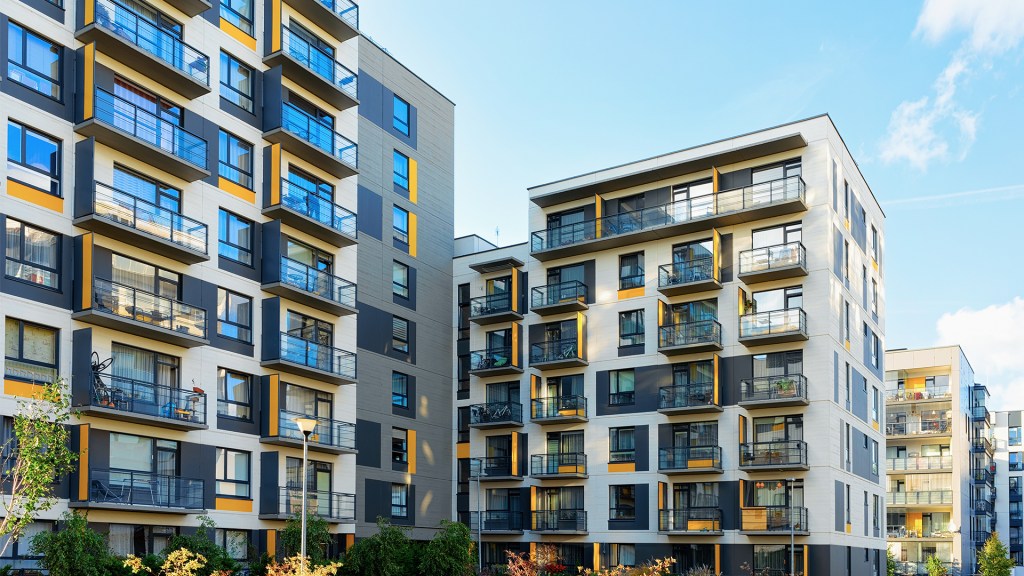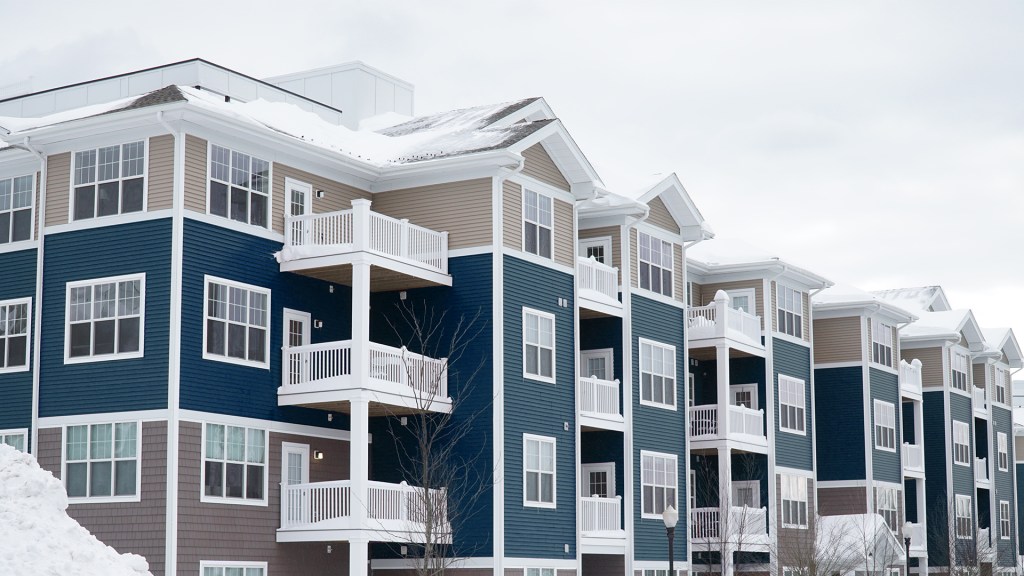By Courtesy Gulf Property on March 7, 2020 in Global
Editor’s note: The following article originally appeared in Gulf Property Executive and is reprinted here with permission.
Yardi is now the most used real estate solution for residential units in the Middle East. The company’s game-changing, cloud-based technology helps property and asset managers reduce the costs of managing properties, improves operational efficiency and allows real estate professionals to focus on adding value, a senior official said.

“We have already implemented our real estate solutions with some of the largest developers and asset managers in Middle East to manage their units with our property management system, and we expect our business to continue growing at a fast pace,” Aditya Shah, director of Middle East operations for Yardi, told Gulf Property in an exclusive interview.
“We help them to reduce costs and drive efficiencies in the way they execute many processes across the real estate lifecycle; the management of service charges being a prime example.”
Shah comments that some of the largest UAE-based developers and asset managers use Yardi’s flagship product, Yardi Voyager, to centralise operational, financial, leasing and maintenance management for their entire portfolio in a single database.

Yardi is a global real estate solutions provider that manages more than 12 million residential units worldwide through its cloud-based software platforms including Voyager, the RENTCafé Suite and a range of other solutions that support the entire real estate lifecycle from procurement and maintenance to business intelligence and reporting. Established in 1984, the 35-year-old company employs more than 6,500 professionals in 40 offices across the world.
The UAE’s facilities management market is growing at a compound annual growth rate (CAGR) of 9.8 percent and expected to generate $23.88 billion revenue by 2024. The growth is driven by the higher number of new residential supplies that is also putting pressure on rent and property prices.
According to industry reports, more than 60,000 new homes will be delivered in Dubai in 2019 and 2020 as the emirate prepares for the World Expo 2020.
“The supply glut is considerable. In 2018, about 43,000 units were added to Dubai’s total residential stock (which stood at around 491,000 units at end of 2017) and about 8,000 to the Abu Dhabi market (251,000 units at end of 2017),” Jones Lang LaSalle (JLL), a global real estate advisory, said in a report.
According to a recent report by global property management advisory Knight Frank, rental rates across Dubai fell on average by 7.7 percent from January to November 2018 with apartment rents falling by 8.4 percent and villa/townhouse rents by 8.3 percent over the same time period.
Gross yields in Dubai currently stand at 6.27 percent as at November 2018, down from 6.45 percent a year earlier. This is as a result of rents declining at a faster pace than sales prices over this time period, the report said.
Shah estimates rents to decline at around 7-8 percent this year, matching that of Knight Frank. Despite that, he says, Yardi’s business will continue to grow.
“The new supplies will expand the property management market and these new units will require efficient property management. With falling rents and property prices, property managers will have to find ways to reduce costs while efficiently managing the buildings and servicing the residents. This is where the deployment of Voyager and other solutions becomes crucial for property managers as it helps lower costs and ensures better property management,” Aditya Shah explains.
“Although the real estate market is bottoming out in the UAE, our business is growing at a double-digit growth rate, due to the cost savings and operational efficiency that our system provides.”
The major drivers for the market are the increasing investments in the construction sector and the continued growth of the tourism industry. What’s become paramount is the need for the real estate sector to ensure the continuous functionality of these built structures. This applies equally to residential buildings, transport infrastructure like railway stations, office premises and, of course, retail malls. The focus on professional services such as facility management is therefore becoming increasingly more important.
In 2018, the largest end-user in the UAE facility management market was the commercial sector, which generated more than 35 percent of the total revenue.
There is an increase of awareness regarding the optimisation of commercial building management and expenditure. With the commercial real estate sector forecasted to remain one of the fastest growing asset classes, there is an increasingly high level of demand for these services.
Property management — which includes the management and leasing of properties, building maintenance, security, landscape, common area management and waste management as well as mechanical, electrical and plumbing works — is a huge global business.
The global property management market size is growing at a compound annual growth rate of 8.8 percent from US$12.83 billion in 2017 to reach US$22.04 billion by 2023, according to a recent global report.


